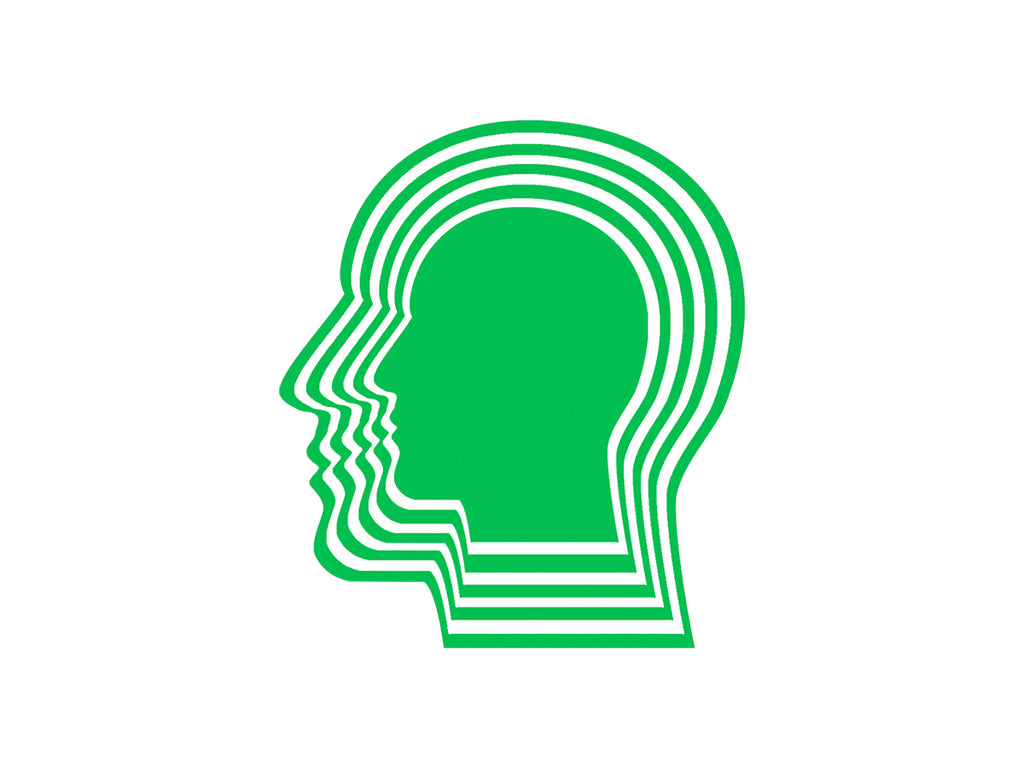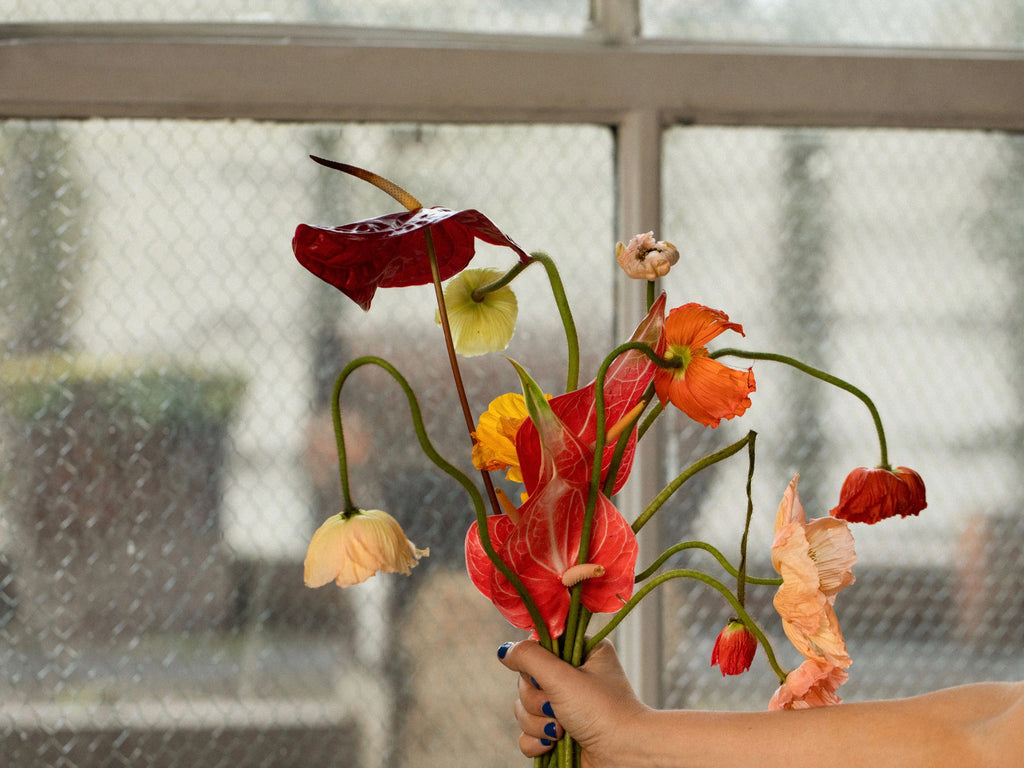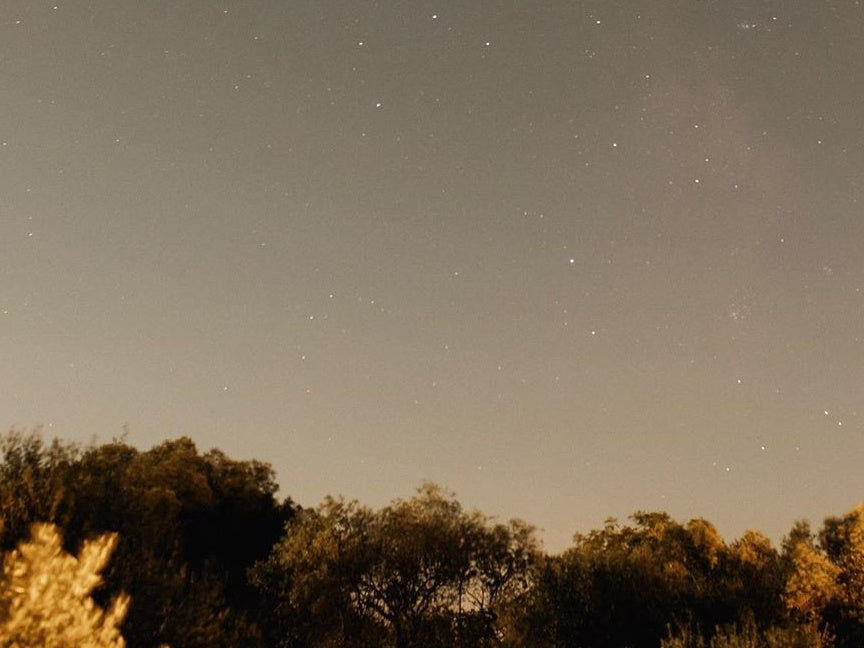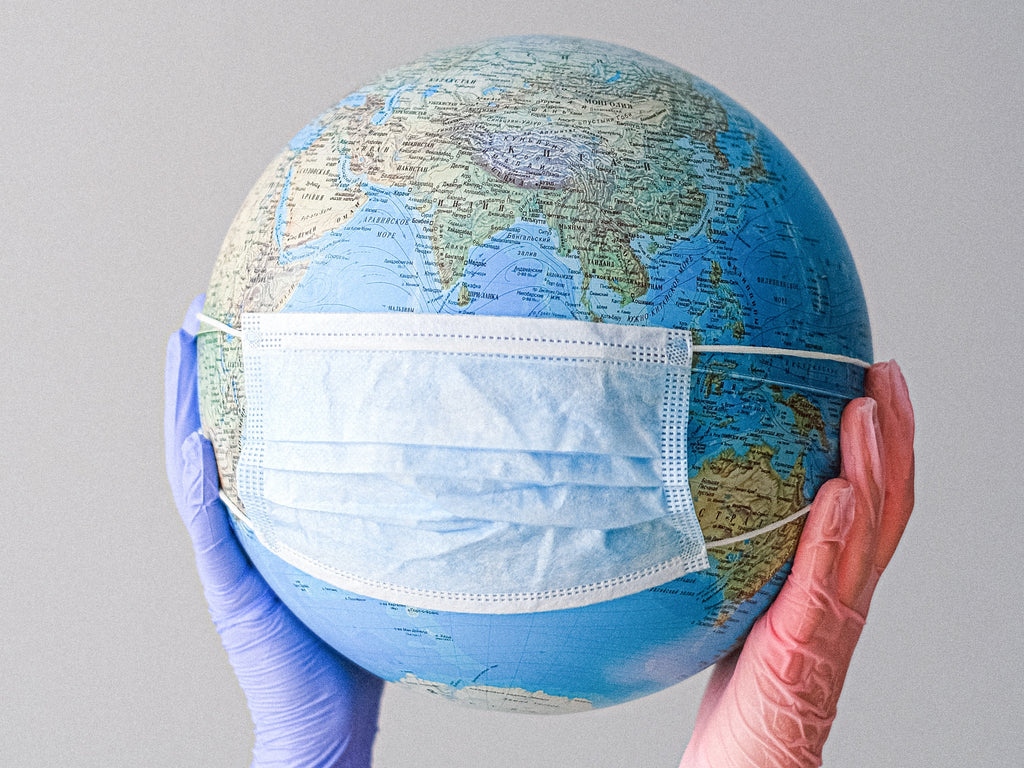Is Loneliness Bad for Your Health?
We talked to two experts about a health phenomenon that may be as bad as smoking 15 cigarettes a day.
Loneliness almost needs no introduction: Who among us isn’t intimately familiar with the pangs? And yet, the emotion is much more complicated than simply being all alone. For starters, you could be by yourself and not feel lonely (we see you, happy introverts). And the opposite’s also true: you could be surrounded by others and feel desolate. According to psychologists, loneliness isn’t quite the same as social isolation, which can be objectively measured (say, quantified by the size of your circle of friends). Instead, it’s a state of mind—and subjective by definition.
The consequences, however, aren’t just in your head. In an article for the Harvard Business Review, Dr. Vivek H. Murthy, previously Surgeon General of the United States (2014– 2017), offered this alarming stat: “Loneliness and weak social connections are associated with a reduction in lifespan similar to that caused by smoking 15 cigarettes a day,” he wrote, “and even greater than that associated with obesity.”
A meta-analysis, co-authored by Dr. Julianne Holt-Lunstad (interviewed below) and published in Perspectives on Psychological Science, backs up the notion that social isolation, real or perceived, heightens your risk of dying prematurely, because of the numerous ripple effects—psychological, behavioral and biological. If you’re lonely or socially isolated, you’re more likely to have unhealthy habits, like being physically inactive and sleeping poorly. Plus, you’re more likely to have higher blood pressure, a weaker immune system, and other risk factors.
To better understand what some experts predict could be a modern health epidemic, we asked two leading thinkers in the field of loneliness to illuminate the complex issue.
Dr. Ami Rokach, PhD, clinical psychologist and contract faculty member at York University, has been researching loneliness since the 1980s.
Within the context of health research, how is loneliness defined?
Loneliness is an experience, which comes about when you feel you are alone, not necessarily physically, and not loved: “No one cares about me. I’m not important to people. I don’t count.” You can be lonely when you’re alone, or with other people. Or even when you have a loving family. But the most painful loneliness is when you are in an intimate relationship, and you drift away from your partner.
No one likes loneliness, but we all experience it differently. Some can handle that feeling; some cannot. One thing we try to do is help people who are lonely turn that into solitude. Solitude is being alone because you want to be alone. [To do this] we need to do work in therapy, and break the cognitive patterns where being alone equals loneliness. We find the beauty in being alone.
What do we currently know about the health effects of loneliness?
Stress lowers the functioning of the immune system, and loneliness causes a lot of stress. In addition to that, loneliness may precipitate depression. And when we are ill, loneliness may exacerbate the illness. Because my mother broke her hip years ago, I became aware of research that suggests up to 30 percent of the elderly who break their hip die. I said to myself, that doesn’t make sense—why? Well, apparently they die of loneliness, not from complications of the surgery. It’s mind-blowing.
We live in an age where there’s a lot of opportunity to interact with people on social media. Does that make people more lonely, or does it help?
When you have 10,000 likes, that doesn’t mean you have friends. Because the computer cannot give you a hug when you need one. Recent research shows us there is a specific center in the brain that operates when you interact with people. But because we originated from the jungle—before the computer was invented—it lights up only in face-to-face interactions. And this is the center that gives us the feeling of being connected and supported.
To what extent is finding connection and community—a sense of belonging—a fundamental health need?
Very fundamental. It’s an essential part of being human. We were programmed to live together, to be connected. Most of what we do is geared toward survival and continuation of the species. If you look at National Geographic films, the deer that runs the slowest and gets away from the herd becomes dinner for the lions. Loneliness is just like pain, which alerts us that something is not right. As bad as it is or feels, loneliness is an alarm system that something is missing for you.
Dr. Julianne Holt-Lunstad, PhD, professor of psychology and neuroscience at Brigham Young University, specializes in research on the long-term health effects of social connection.
How detrimental are the health effects of loneliness?
My research spans different kinds of indicators—some looking specifically at loneliness, some at social isolation. When we look across all of these [indicators] and combine them, we find that people who are more socially connected live longer. There’s a 50 percent increased odds of survival, meaning when [researchers] follow people over decades, socially connected people are 50 percent more likely to be alive at the follow-up [compared to the less socially connected]. One thing my research shows is that the risk associated with lack of social connection is comparable to other risk factors that get lots of resources and attention—like obesity, physical inactivity, air pollution. That suggests we should prioritize it accordingly.
We live in an age when social media provides at least the illusion of connection. Does it actually make us feel more lonely because it’s not real?
Some studies have shown that time spent [on social media] has been linked to poor well-being and also loneliness, but other research has shown no effect. Part of the issue is that a lot of the studies are correlational, so they’re not following people over time. We don’t know whether people who spend more time on social media are more likely to be lonely, or whether people who are more lonely are more likely to spend more time on social media. There’s also complexity in how it’s used. Some studies are looking just at how much time you spend on social; some are looking at whether you’re communicating through it or just scrolling and lurking—and does that matter? So we need more rigorous research on this.
What would you suggest in terms of treating, dealing with or “curing” loneliness?
We don’t have a good answer for that. Researchers, including myself, are looking into effective solutions, [but] the underlying causes of loneliness can be varied. So it’s likely no one approach will work for everyone. One of the biggest things we could really focus on is prevention. If we can prevent people from becoming lonely in the first place, that would be ideal. But we need more research. We’re at the stage in our knowledge where we understand this has important health implications, and the challenge is what do we do about it? What are we doing that can potentially facilitate greater feelings of social connection? Each person can do something. Neighborhoods can do something. Workplaces and the healthcare system can do something. It’s going to take a multi-layered approach for us to really move the needle on this.
This post is tagged as:
You may also like...
The Latest
People & Places
How Ara Katz is Redefining “Self-Care” as Rooted in Science with Seed
The co-founder, mother, and self-proclaimed serial entrepreneur unpacks her philosophy on what it means to be well. Ara Katz hates the word “success”. Not because of its listed definition in a di...

Do Good Werk
9 Passive-Aggressive Email Phrases That Are Basically Evil
A Rosetta Stone for every time you want to :’).

Woo Woo
Get to Know Your Astrological Birth Chart
How to find meaning in the stars — and what it means for you.

People & Places
The 5 Best Places In New York To Meet Your Next Investor
Where to rub shoulders with the city's movers and shakers.

Do Good Werk
10 Unhealthy Thoughts You Convince Yourself Are True as a Freelancer
If you work alone, you might be particularly susceptible to distorted thoughts that hurt your mental health.

People & Places
Creating a Conference-Meets-Summer-Camp for Adult Creatives
An interview with Likeminds founders Rachael Yaeger and Zach Pollakoff This past September, I sat in front of an obituary I wrote for myself after a session with a death doula. No, I didn’t know w...

People & Places
When Something Golde Stays: An Interview with Golde’s Co-CEOs
“For us it was never a question,” says Issey Kobori, speaking of the decision to build a business with his partner Trinity Mouzon Wofford. At just shy of 27, Kobori and Wofford have secured a host ...

Better Yourself
Are They Toxic? Or Are They Human?
There’s a difference between putting up boundaries and putting up walls, and the latter is what breaks relationships.

Do Good Werk
How To Combat Seasonal Affective Disorder At Work
Here’s what to do if seasonal affective disorder starts to take a toll at the office.

People & Places
Reclaiming Womxn's Wellness Spaces from a White-Dominated World
How The Villij built a collective that their community can connect to.









